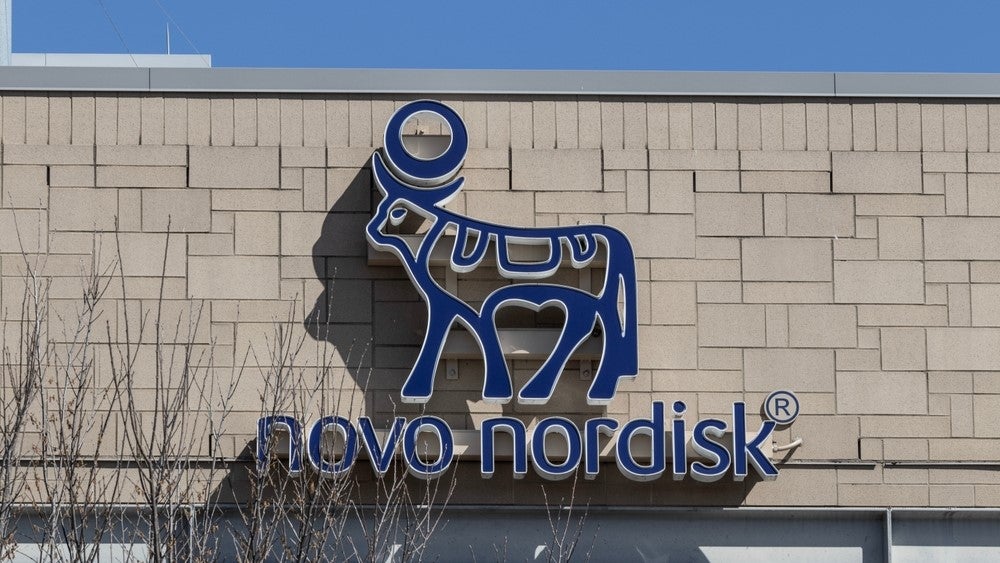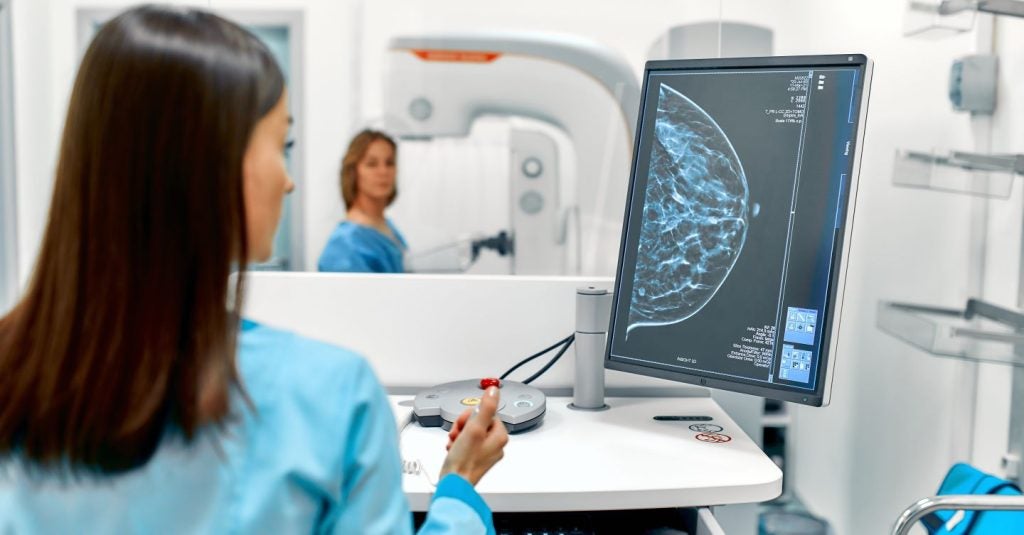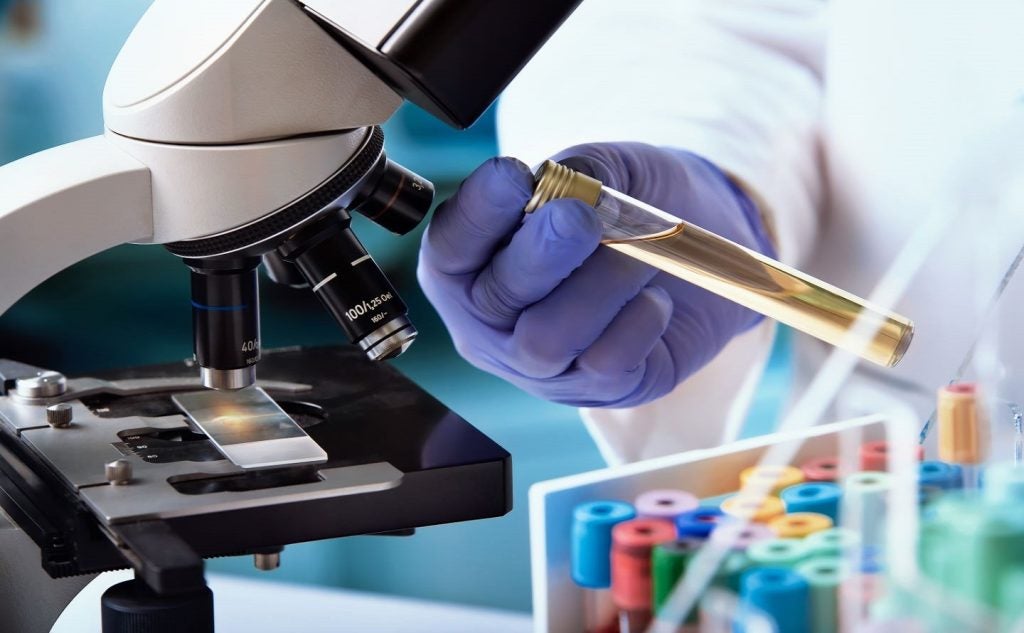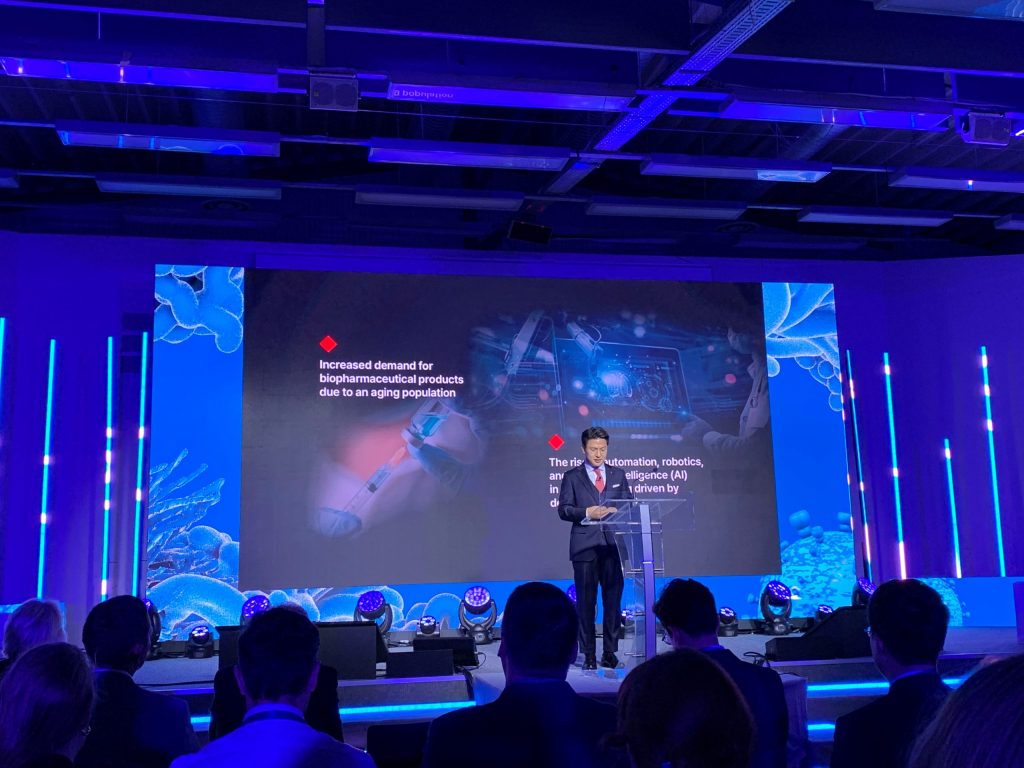
The Novo Nordisk Foundation, which oversees the Novo Group, has committed to investing up to Dkr950m ($136m) to develop a cell therapy manufacturing facility, Cellerator, in Denmark.
The facility will be located at the Technical University of Denmark (DTU) and manufacture cell therapies, especially stem cell therapies, for early clinical trials.
Cellerator CEO Thomas H R Carlsen told Pharmaceutical Technology that its current scope is to “close the critical gap” that is currently between breakthrough results in the laboratories and early Phase I/II clinical trials. He added the facility is needed because by 2027, “around 75% of stem cell-derived cell therapy candidates will be in preclinical or early clinical trials”.
Although the facility will be completed and operational in 2027, Cellerator will be commencing services in 2024 to “make sure that we support the development of cell therapy early on and prepare people for the best possible way to go into clinical trials”.
According to Carlsen, the company made a strategic decision to be placed at DTU as it allows them to tap into the latter’s expertise in cell manufacturing and technologies and help build up the talent pool to address the workforce gap in the field.
Optimising manufacturing processes
Carlsen said he hoped the new facility could help decrease the cost of cell therapies and plans on targeting that in two ways: “First, by identifying the right strategic partnerships, and collaborators to make the most optimised and favourable offerings for the customers and, thereby, also the patients. Second, all profit that will be made in the facility will be reinvested in the company in multiple ways such as technology development for improved and cost-efficient services.”
The Cellerator facility will also explore a platform-based manufacturing set-up. In order to execute this, the company will tap into the expertise of scientists who know “deep biology”, before incorporating it into further development and the clinical manufacturing of the product.
The facility already has a collaboration with reNEW, the Novo Nordisk Foundation Center for Stem Cell Medicine. Carlsen said the facility’s team will interact with other academic groups and companies to ensure early engagement and early decisions for the cell therapy drug discovery. This will contribute to shortening the path from the laboratory experiments to the clinical trials, he added.
Drug selection and regulatory support
In the backdrop of inflationary concerns, Carlsen noted assessing commercial viability is key even in early developmental stages.
He adds: “We make sure that the starting materials that are selected by the customers are commercially viable, for example, and have the right quality to go to market. We [not only] focus a lot on the drug development part, the manufacturability, and the quality choices in the drug development but also on the drug cost.”
The facility will support “everything from starting material development, raw material qualification, throughout the process development, analytical development, the GMP manufacturing”, and extend support through to clinical trials, regulatory dossiers, quality control and product release while focusing on the part about process development and manufacturing.
Cell & Gene Therapy coverage on Pharmaceutical Technology is supported by Cytiva. Editorial content is independently produced and follows the highest standards of journalistic integrity. Topic sponsors are not involved in the creation of editorial content.















